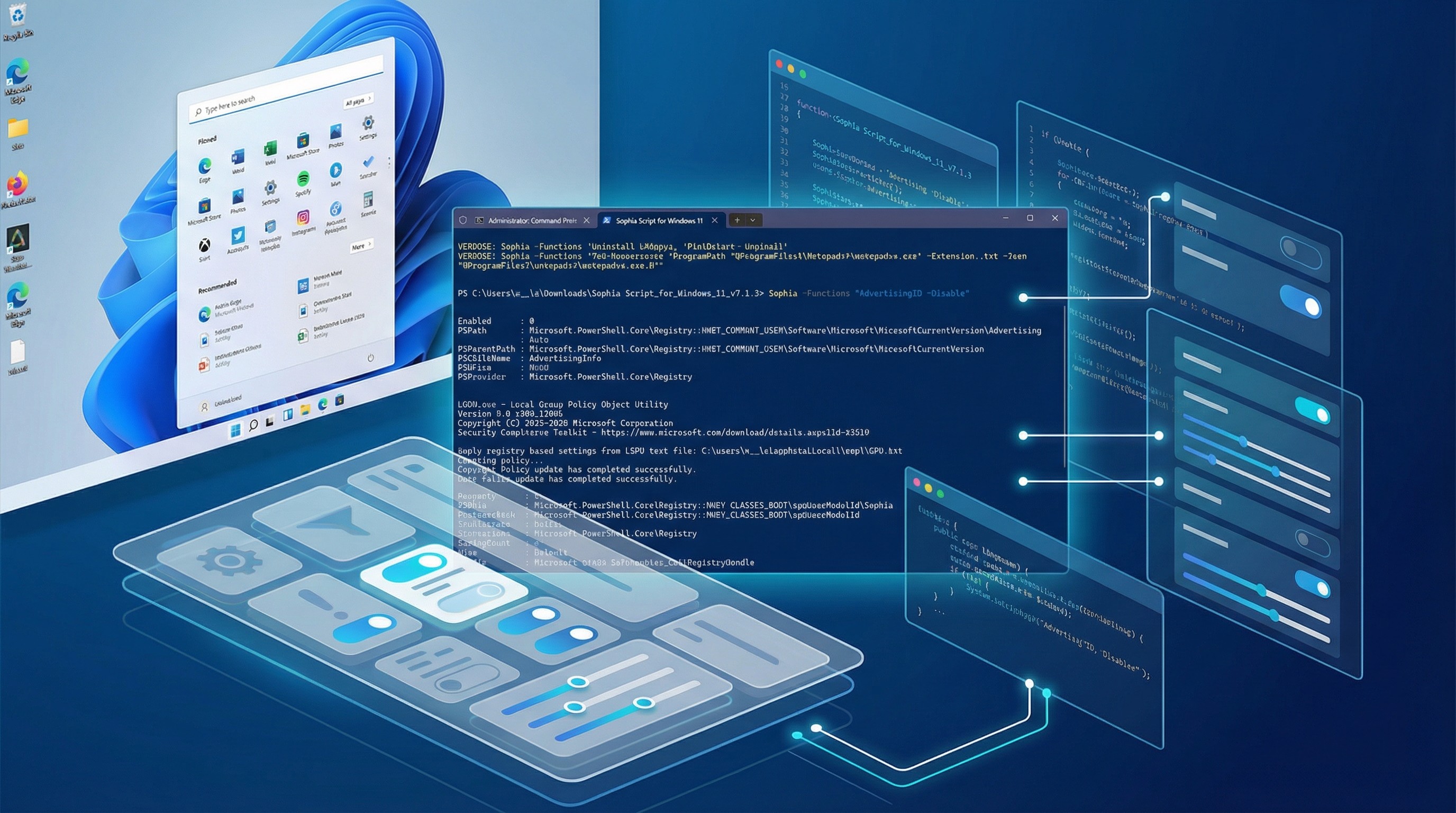Cortana is headed to everyone, everywhere — if Microsoft gets its way
Microsoft's goal is to democratize or make its technologies accessible to everyone. Its digital assistant Cortana is no exception.
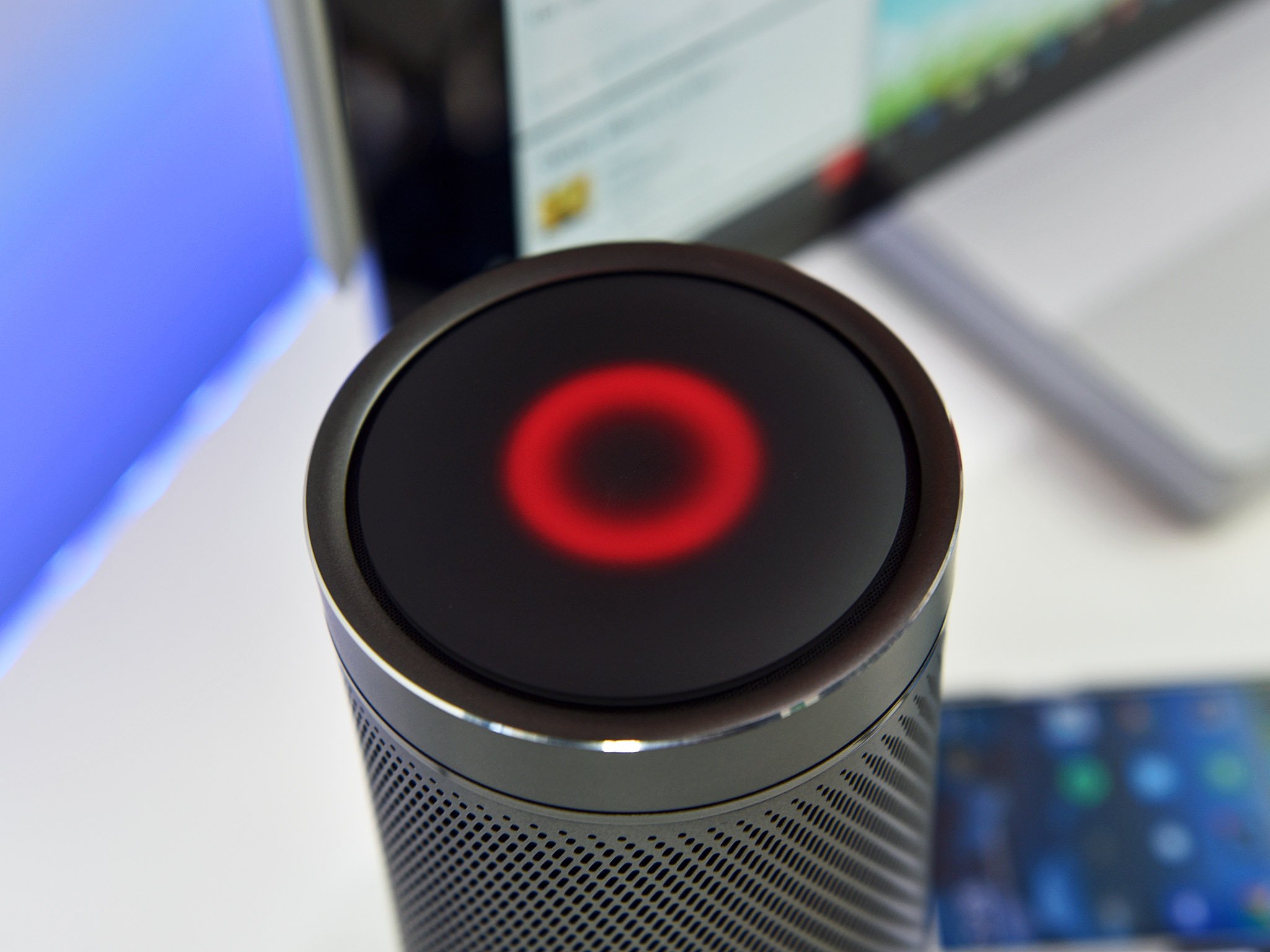
All the latest news, reviews, and guides for Windows and Xbox diehards.
You are now subscribed
Your newsletter sign-up was successful
Cortana is loosely based on the AI companion to Master Chief, the protagonist of the Halo video game franchise. She, as Group Program Manager for Cortana Marcus Ash refers to the inanimate personal digital assistant, was introduced to eager Windows phone fans in 2014. And though she was initially a U.S. and Windows phone exclusive, Microsoft discovered 50 percent of her users were people in unsupported countries who changed their Windows phone's region to the U.S. just so they could use her.
Ash said the following in 2014 to allay fan's fears Cortana might be brought to iOS and Android at Windows phone's expense:
Our top priority and showcase device for Cortana is Windows Phone. Any ... commentary about us .... abandoning Windows Phone is crazy talk. Our top priority is to make Cortana so fantastic that it pulls customers to Windows Phone. Period. As we THINK about the future, we want to figure out what we need to do so that a Microsoft customer who has a PC/tablet but a different phone can have a great Cortana experience.
Hey Cortana is that you on my iPhone?
Ash's desire to give everyone a great Cortana experience indicates Microsoft's AI and Cortana plans have always been democratization. Creating an inspiring reference point for Cortana that OEM partners could emulate like they did with Surface-inspired 2-in-1s has been a difficult challenge for Microsoft, however. A fusion of Cortana, AI and Windows 10 may be the key.
Cortana and Windows Phone
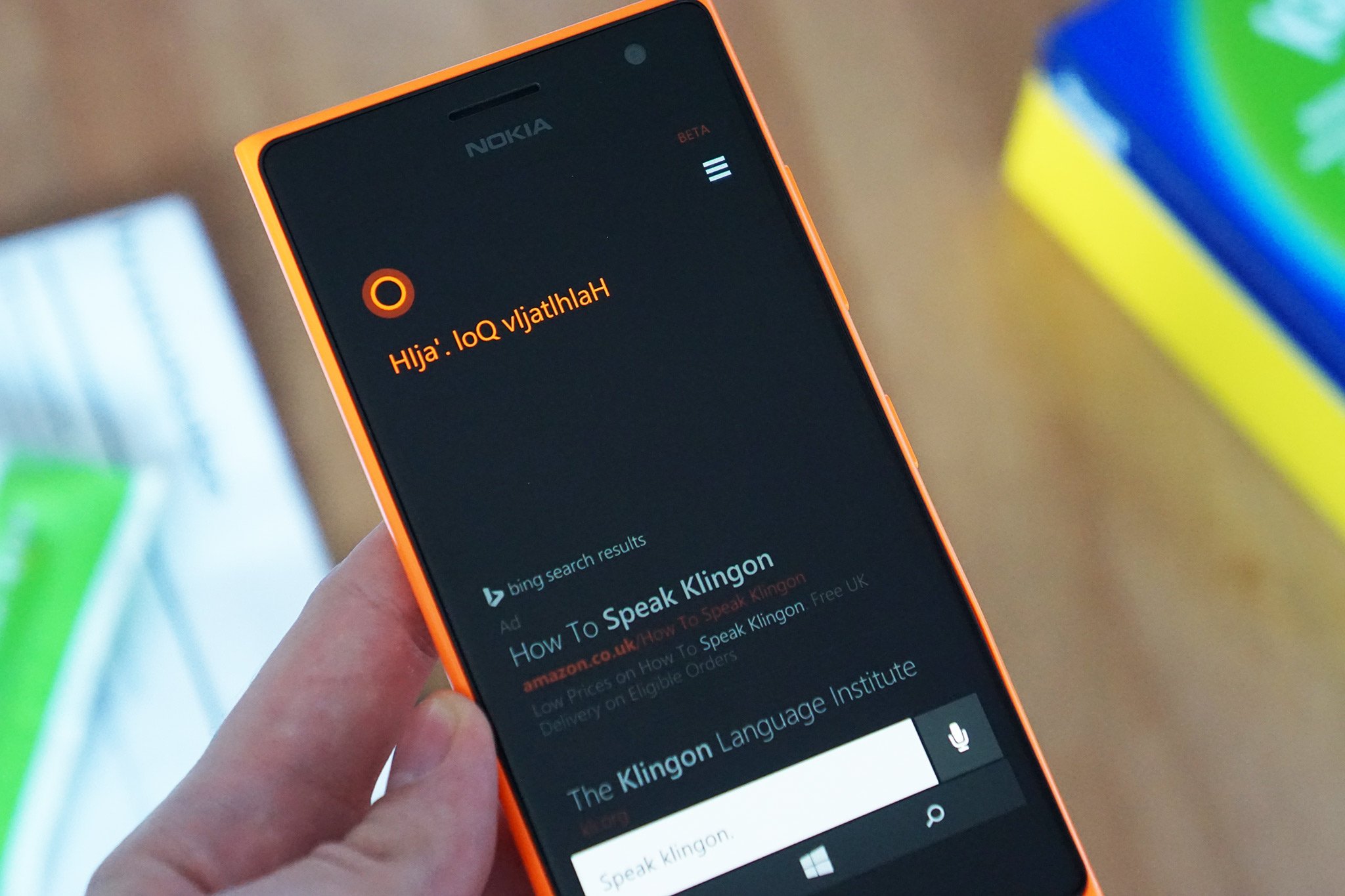
Microsoft's Cortana vision has always been ambitious. In fact, before she debuted on the ill-fated Windows phone platform, Ash's team realized the proactive personal agent that would ultimately know users and their patterns and provide results autonomously was a much bigger concept than the next generation of search which initiated the project.
"It's about how people are going to interact with their devices and services in the future," Ash said. It's a vision that encompasses multiple platforms and devices. It's about democratization.
Though Windows Phone was Cortana's showcase platform, Microsoft's legacy of internal divison likely hurt its debut. Cortana's April 2014 launch was months after Microsoft's most recent flagship smartphones, the Lumia's 1020 and 1520, which both launched in 2013. Microsoft's next flagships, the Lumia's 950 and 950 XL arrived a year and a half after Cortana.
All the latest news, reviews, and guides for Windows and Xbox diehards.
Windows Phone. Cortana. Democratization. Fail.
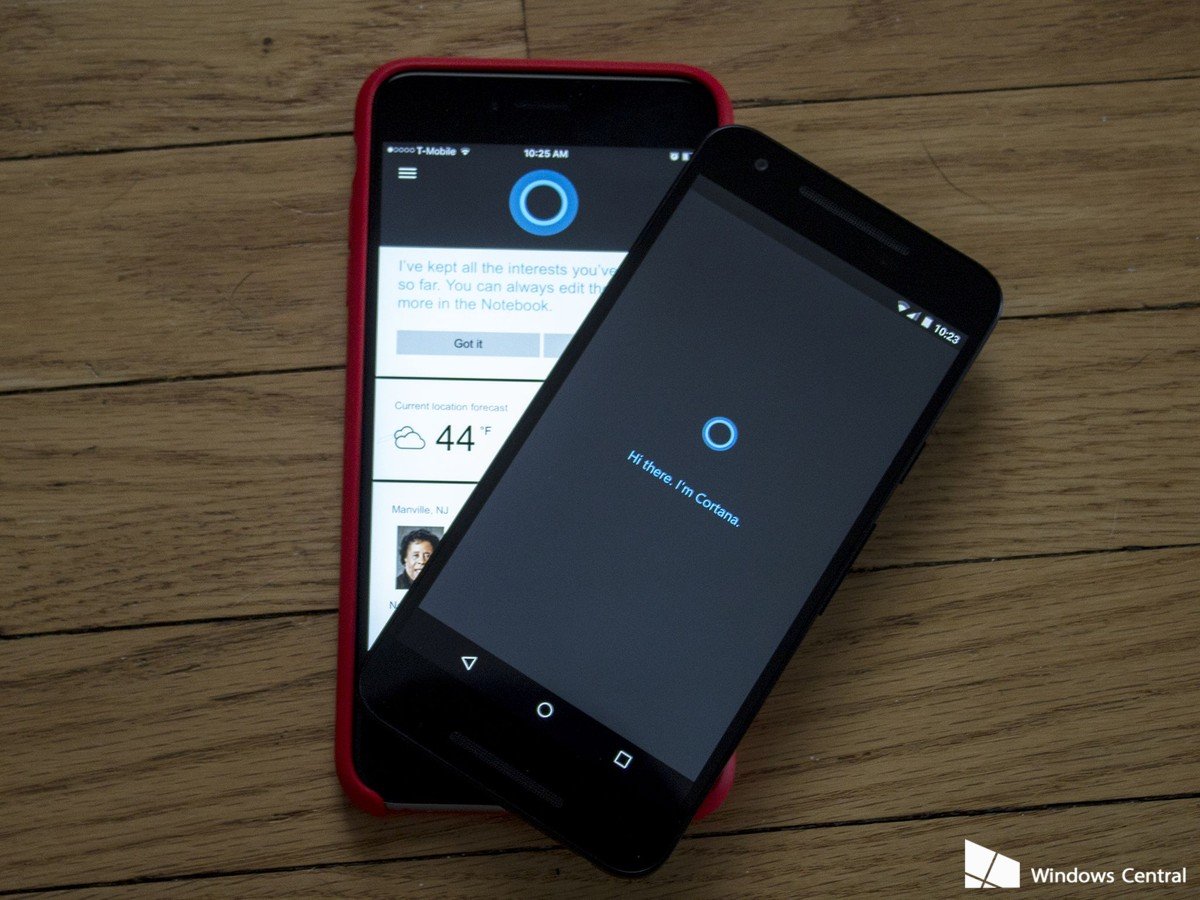
First, with no aspirational hardware, OEMs had little to inspire them to emulate Windows phones. Second, since the Device's team didn't create appealing hardware to showcase Cortana in sync with the Cortana team's efforts (in addition to the app gap) consumers didn't look twice.
Additionally, the time required to glean the needed data to provide personalized experiences tailored to specific regions delayed Cortana's roll out to many countries. Though this first step toward Cortana's democratization didn't garner sufficient partner support, the strategy always extended beyond Windows phone.
Windows 10, Cortana, and the world
Like any long-term project, Cortana's democratization roadmap is multi-phased and Windows 10 followed the failed Windows phone debut. Microsoft has long envisioned Cortana and AI integrated into Windows 10. Ash said the following in the above 2015 video:
When we think about the future of Windows we think about humanizing computing. This idea that we can build a natural interface ... a personal assistant that knows your pattern ... behavior, what you want, to bring things without you asking felt like good customer-centered message.
His statements foreshadowed Cortana's deeper integration into Window 10 we recently reported and which I described in a 2015 analysis:
This is an early step toward "AI-as-the-platform" or "the-platform-as-AI" where the OS/AI distinction is blurred. It is Microsoft's showcasing of this intelligent OS as an inspiring first-party reference point, beginning in Redstone 5 this year and Redstone 6 in 2019, that partners may embrace to democratize Cortana.
Cortana, ambient computing and partnerships
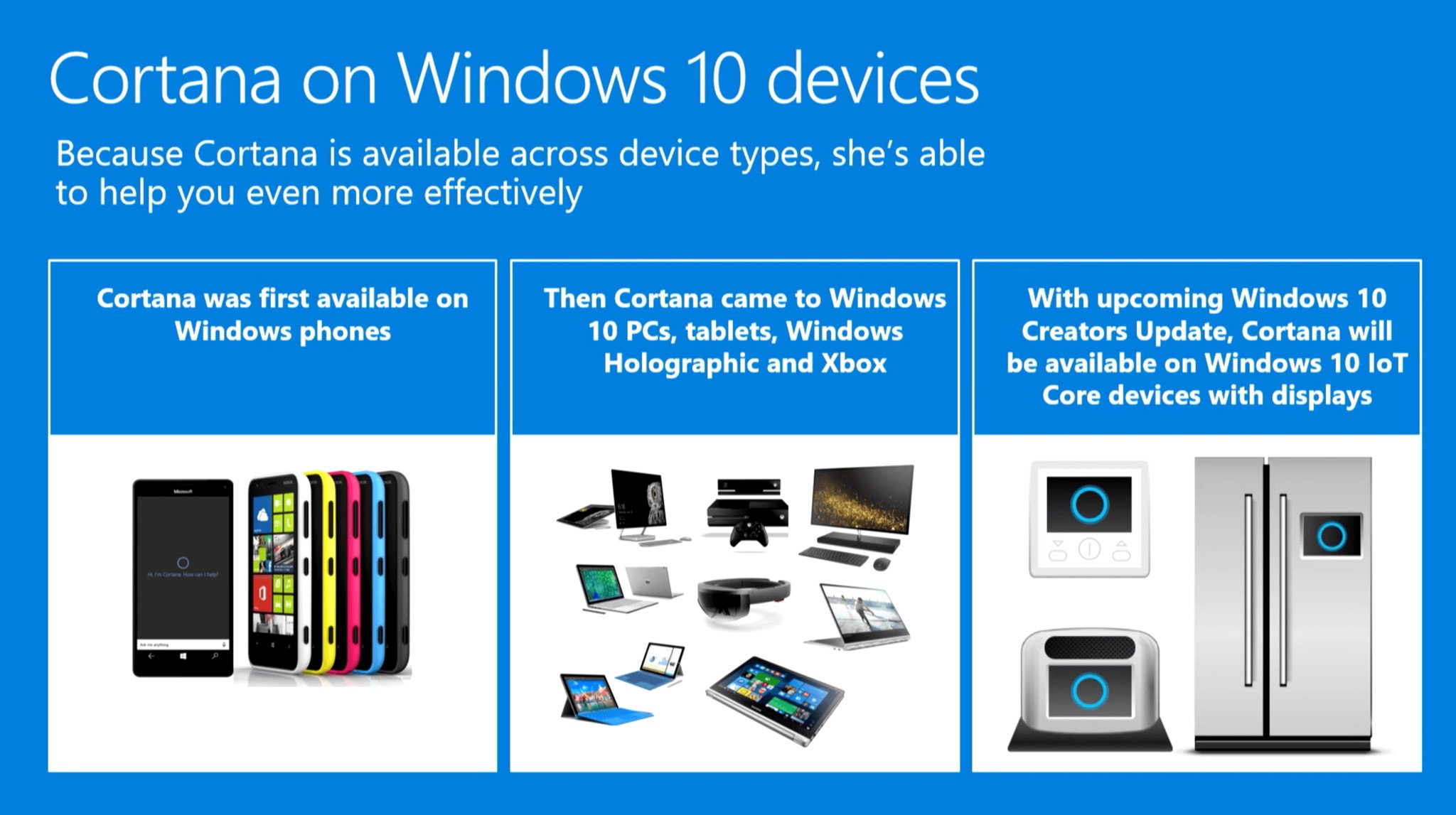
To democratize Cortana and AI, Microsoft's seeking to demonstrate how intelligence deeply woven into the OS provides the benefits of AI and the power of Windows. If successful, this may be the reference point partners embrace to bring a range of Cortana- and A.I.-imbued hardware to market.
Microsoft will demonstrate the benefits of AI fused with the power of Windows 10.
Though Windows 10 PCs may be the premiere hardware initially demonstrating this level of AI/OS fusion, Windows Core OS will allow its manifestation on a vast array of devices with and without screens.
Microsoft's Mixed Reality, IoT and home hub vision
In a world where smart speakers are establishing the foundations for ambient computing, it's not hard to envision how OEMs may use an intelligent Windows 10 as a foundation for devices to democratize Cortana and AI.
Cortana and AI 2018 forward
Microsoft's facing an uphill battle in its multi-phased attempt to democratize Cortana. Fans are unhappy with her current implementation, her regional limitations and relative absence from the consumer space compared to rivals. Manufacturers building Alexa into PCs and Microsoft moving Cortana to the Windows 10 Action Center compounds matters for some.
This year Microsoft announced that several partners have embraced its vision for Cortana. But is this progress enough? And where will democratization ultimately lead?
Hey Cortana is that my A.I. alter ego?
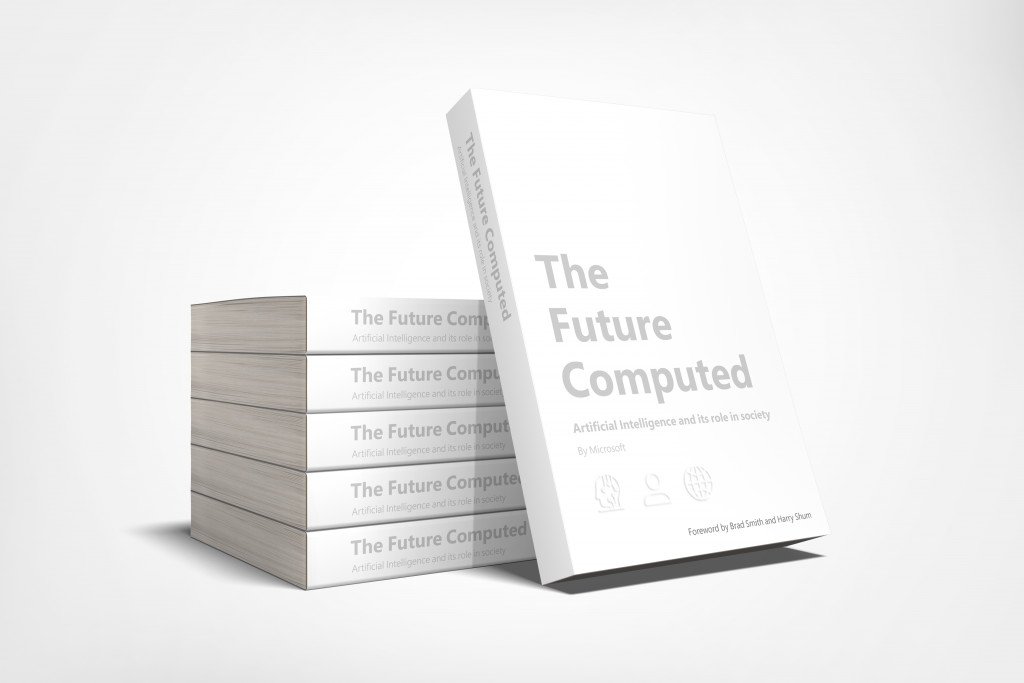
Microsoft's President Brad Smith and Executive Vice President of AI and Research Harry Shum recently wrote a book based on Microsoft's vision to democratize AI by sharing what it learns with competitors and others.
Even more astounding is that they predict in 20 years AI will be represented as our digital "alter egos." If AI democratization leads to such a world, the moral, business and ethical challenges would be profound.
Microsoft has a vision for Cortana and AI that drives them deeper into Windows and broadly throughout the industry. Still, external challenges from rivals and the challenges of acquiring sufficient data to provide truly personal experiences for every region are real. Can Microsoft's AI and Cortana efforts succeed? Share your thoughts in the comments, you never know who's reading.

Jason L Ward is a Former Columnist at Windows Central. He provided a unique big picture analysis of the complex world of Microsoft. Jason takes the small clues and gives you an insightful big picture perspective through storytelling that you won't find *anywhere* else. Seriously, this dude thinks outside the box. Follow him on Twitter at @JLTechWord. He's doing the "write" thing!

